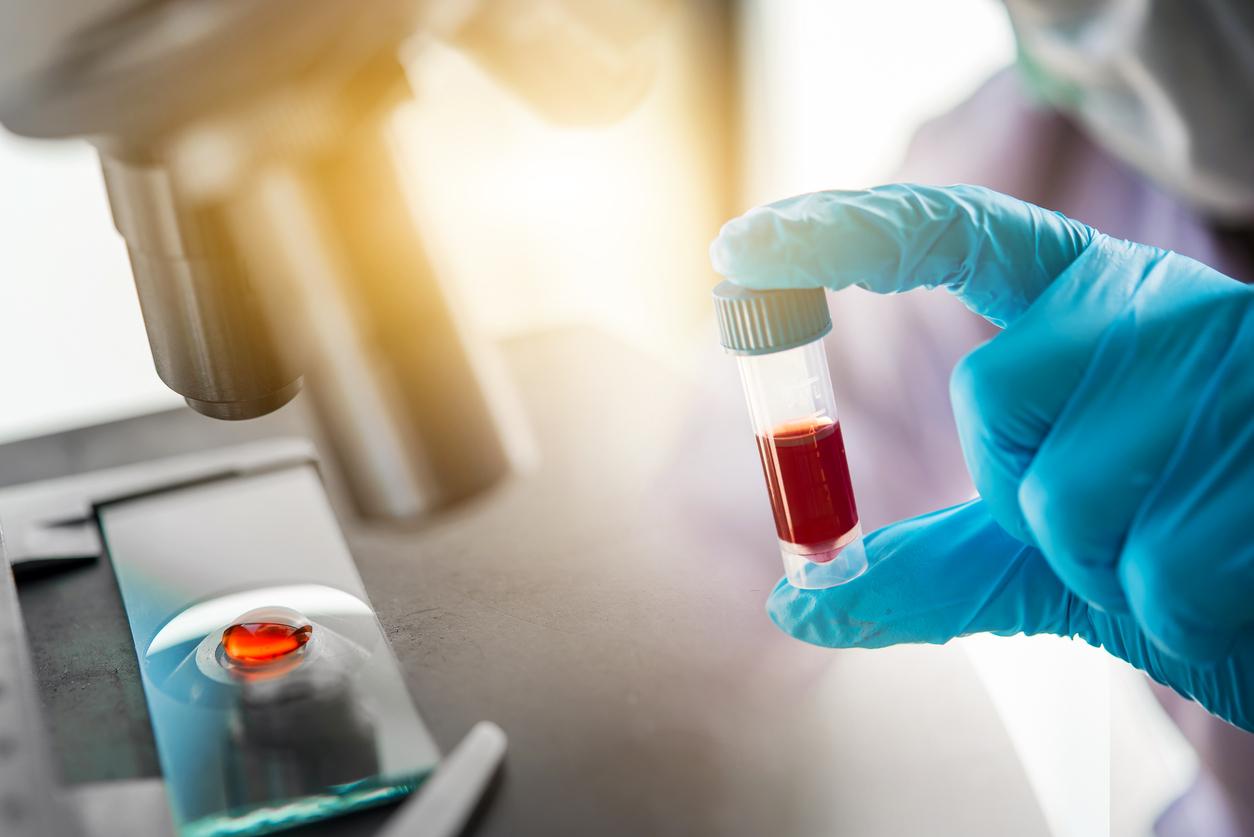Scientists at the University of Oxford are testing a cancer treatment in mice that involves reducing the supply of glucose to cancer cells to speed up their destruction.

Restricting the supply of glucose to cancer cells and altering their ability to metabolize it could enhance the power of oncolytic viruses, which represent powerful weapons for destroying tumor cells.
Here are the findings of a new study conducted by students at the University of Oxford and published in the journal CancerResearch. The scientists who carried out the work analyzed cancer cells from mice located in the lungs, ovaries, and colon.
“Our lab research has shown that by limiting the amount of sugar available to cancer cells, these cancer-attacking oncolytic viruses work even better,” says Arthur Dyer, lead author of the work and a PhD student in the Department of Oncology. from Oxford University.
“Wanburg Effect”
Healthy cells use tiny internal “powerhouses” called mitochondria to convert glucose into units of chemical energy. However, to meet their greater demand for energy, cancer cells undergo a faster process of metabolizing glucose that does not involve mitochondria.
This theory, known as the “Warburg effect”, is based on the metabolism of cancer cells described by specialist Otto Warburg in the 1930s. Exploiting this uniqueness in cancer cells shows promise for the search for new cancer treatments.
It might be possible, for example, to develop drugs that target and turn off glucose metabolism in cancer cells without preventing healthy cells from producing energy.
Acceleration of oncolytic viruses
In their work on oncolytic viruses, Arthur Dyer and his team decided to modify the laboratory conditions to better match those of real life, in particular by reducing the level of glucose in the cells. They found that oncolytic viruses were much more effective at attacking cancer cells when there was less glucose. Viruses replicated faster under new conditions.
The study’s signatories suggest that this discovery could also improve laboratory testing of drug candidates. Research is currently underway to test the “glucose limiting” approach in clinical trials to determine if it might be effective in human patients.

.

















